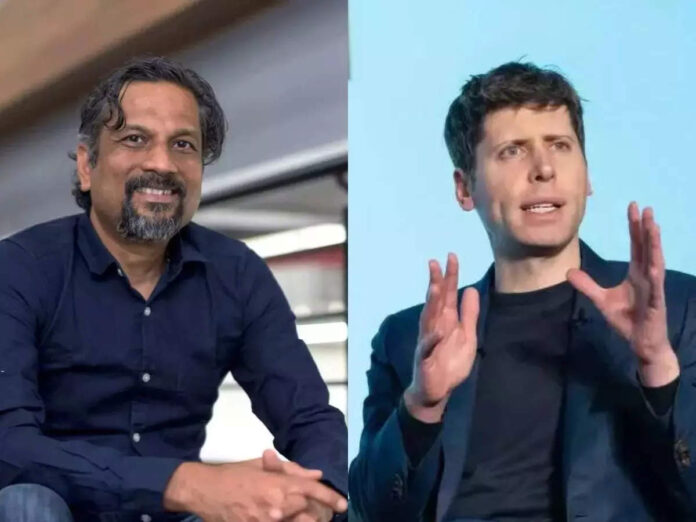In a startling revelation that has ignited debate across India’s technology and education sectors, Umesh Kumar, CEO and co-founder of Bengaluru-based startup Runable, claimed that over 1,000 applicants for a backend engineering position—offering an annual salary of ₹50 lakh—failed to complete a basic coding task.

Kumar, an alumnus of IIT Roorkee, expressed his frustration publicly, stating that less than five candidates out of the thousand had submitted usable or functioning code. According to him, the majority of submissions were either incorrect, failed to compile, or appeared to be hastily generated using artificial intelligence tools.
“AI-Generated Crap Everywhere”
The coding challenge was reportedly designed to be simple, aiming to test only the most fundamental programming abilities. However, Kumar said many applicants submitted “AI-generated crap” that didn’t even run, indicating that they may have relied heavily on tools like ChatGPT or GitHub Copilot without understanding the basics.
He pointed out that despite offering a high salary and a straightforward, transparent hiring process, the company was unable to find more than a handful of suitable candidates. The recruitment process included a basic coding task, a 15-minute interview with the CEO, a technical round with the CTO, and a paid one-day trial.
Widespread Talent Gap
This incident highlights a broader concern within India’s tech industry: a growing mismatch between job seekers’ qualifications and real-world programming ability. While India produces hundreds of thousands of engineering graduates every year, companies have increasingly reported that many of them lack practical, job-ready skills.
In recent months, similar complaints have surfaced from other tech firms, with recruiters noting that candidates are increasingly relying on AI-generated solutions during interviews, and often fail to explain the logic behind their code.
Another startup reportedly interviewed over 400 candidates for entry-level positions and failed to find even one eligible hire. The issue, experts say, lies not just in overreliance on AI, but also in outdated academic syllabi and lack of emphasis on problem-solving and core computer science fundamentals.
The Need for Skills-Based Hiring
Kumar’s comments have reignited discussions about the importance of skills-first hiring practices. As more companies shift toward practical assessments and live coding tasks rather than focusing solely on degrees or resumes, the gap between qualified and employable talent has become more visible.
Industry leaders and hiring experts are now advocating for:
-
Stronger collaboration between academia and industry to upgrade curriculum
-
Greater emphasis on fundamentals of computer science and hands-on coding
-
Responsible use of AI tools that enhance, not replace, learning
-
Bootcamps and certifications that focus on real-world applications
-
Transparent, merit-based hiring pipelines that reward skills over pedigree
The Runable CEO’s remarks, though harsh, underline a pressing issue for India’s digital economy: the quantity of tech graduates is not translating into quality hires. As companies grapple with a shortage of genuinely skilled talent despite record applicant numbers, the emphasis must shift from merely producing engineers to producing competent problem-solvers who understand the building blocks of technology.




